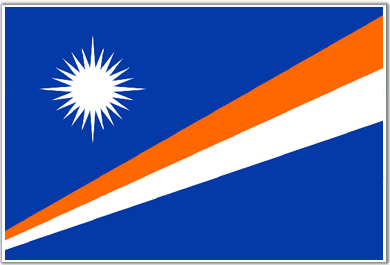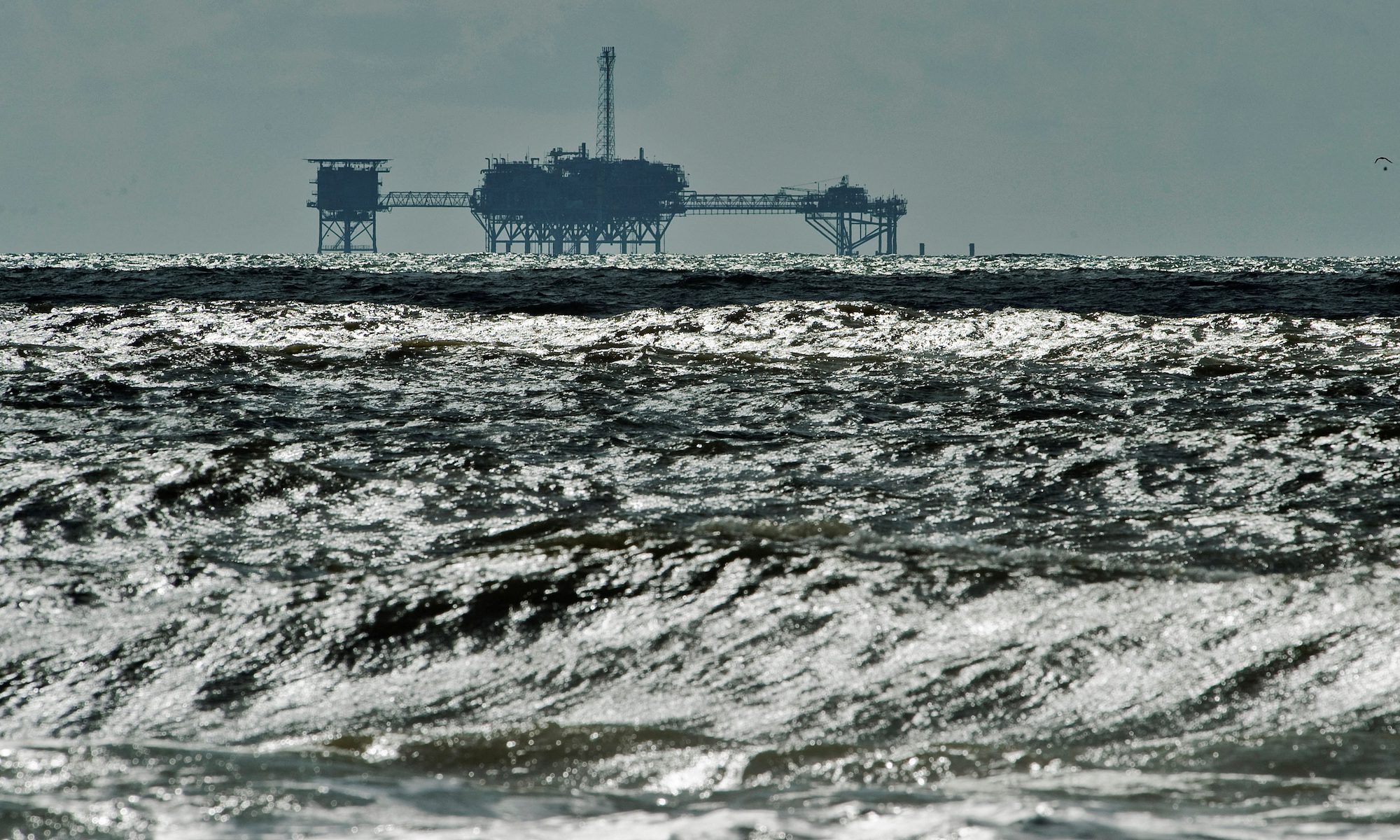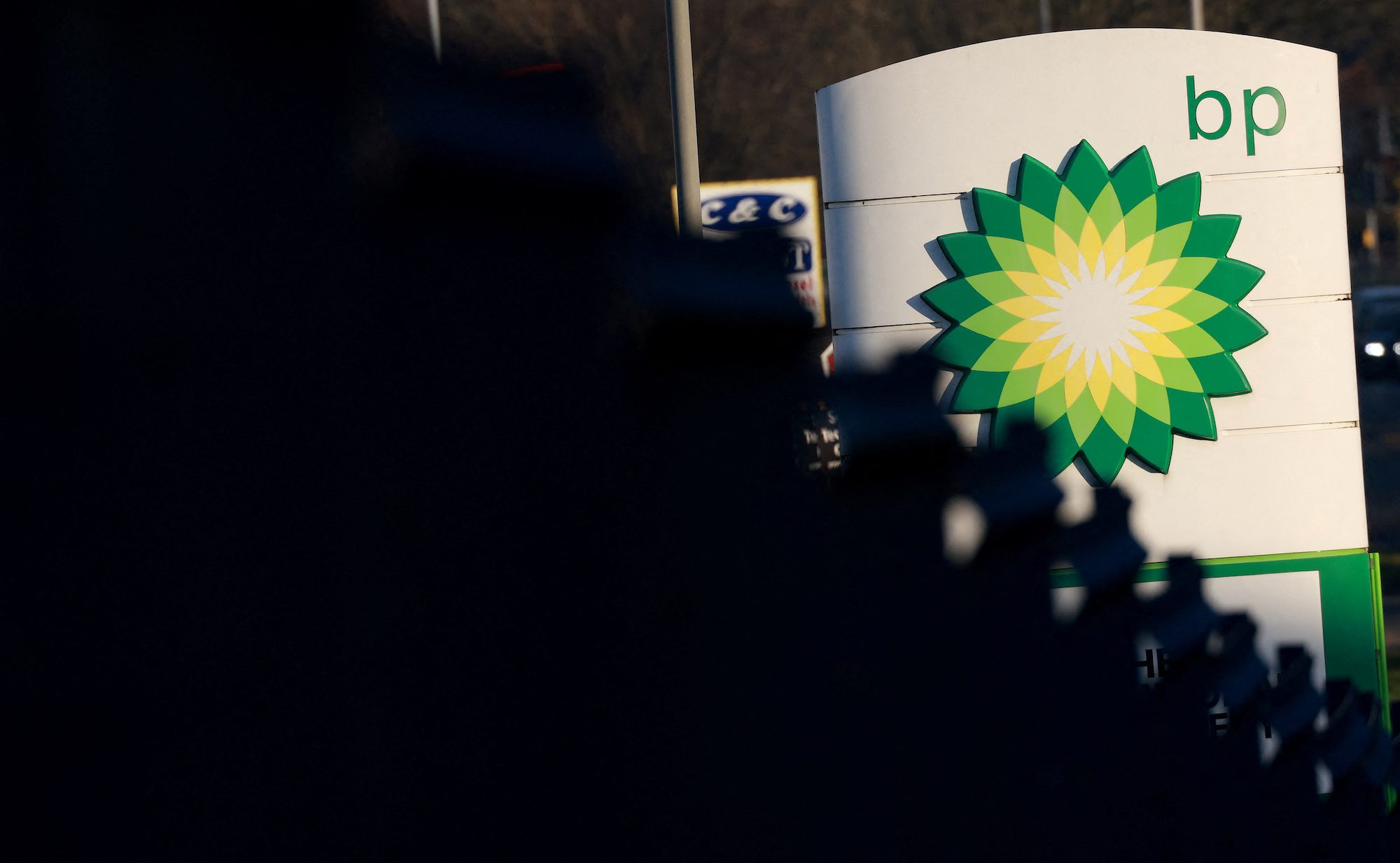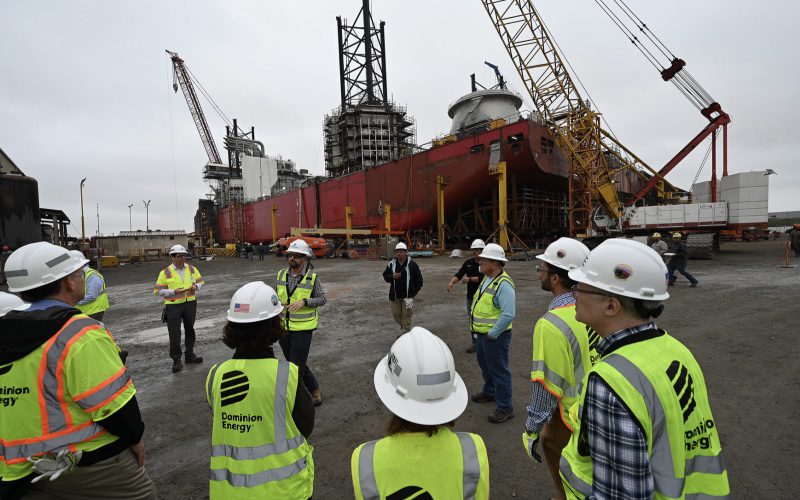Today, the US Coast Guard (USCG), under the purview of the Joint Investigation by the USCG and Minerals Management Service (MMS) Convening Order (issued by Department of Homeland Security Secretary Napolitano and Department of Interior Secretary Salazar), released a document entitled Report of Investigation into the Circumstances Surrounding the Explosion, Fire, Sinking and Loss of Eleven Crew Members Aboard the MOBILE OFFSHORE DRILLING UNIT DEEPWATER HORIZON In the GULF OF MEXICO April 20 – 22, 2010, Volume I (USCG Report).
The USCG Report falls far short of meeting the requirements of the Convening Order, which directs the Joint Investigation team/Board to issue a single, comprehensive report, jointly drafted by the USCG and MMS (now the Bureau of Ocean Energy Management, Regulation and Enforcement (BOEMRE)). Instead, the USCG Report fails to include any findings by the BOEMRE regarding the conditions that led to the catastrophic loss of well control, and there appears to have been no effort to evaluate whether the findings and recommendations of the USCG Report bear any relationship to the actual causes of the casualty.
Unlike the Report of the Presidential Commission, which was released in January, the USCG Report fails to differentiate between the well-established facts that were directly related to the causes of the casualty and the observations regarding process improvements that should be considered to strengthen the safety of future MODU operations. Rather than tying its findings to the actual causes of the casualty as mandated by the USCG’s own standards and the International Casualty Investigation Code, the USCG Report relies on conjecture and speculation, which should have no place in a responsible casualty investigation report. Volume II of the Joint Investigation team/Board’s report, which has not yet been released, will address the areas of BOEMRE responsibility, including a review of drilling operations. Volumes I and II should have been integrated and issued as one report, as directed by the Convening Order.
The Republic of Marshall Islands (RMI) Maritime Administrator participated in the ongoing Joint Investigation by BOEMRE and USCG as a Substantially Interested State. Participation was limited to the ability to question witnesses and review certain evidence. The RMI was not provided the opportunity to comment on or participate in the drafting of the USCG Report. The RMI, as the flag State, is currently conducting its own investigation into the casualty. At the conclusion of all investigations and once reports have been made available, the RMI Maritime Administrator will evaluate recommendations made to the International Maritime Organization (IMO) and/or the coastal State and amend its policies and/or regulations as necessary.
“We recognize that it is imperative for any organization charged with conducting a casualty investigation and issuing a report to make a clear distinction between the root causes of the casualty and any other observations that may be identified during the investigation as areas for future improvement,” said Bill Gallagher, RMI Senior Deputy Commissioner of Maritime Affairs. Mr. Gallagher continued, “in accordance with the International Casualty Investigation Code, the RMI, as a flag State, takes its responsibility to present an impartial, complete, and thorough investigation report very seriously, and will submit its report to the IMO so that lessons learned from this tragedy may be shared throughout the industry.”
BACKGROUND:
The RMI is party to all major IMO conventions and related instruments and implements these through its national laws and regulations. In order for any vessel like the DEEPWATER HORIZON to operate on the United States (US) outer continental shelf (OCS), it must comply with US standards. There are a number of governmental agencies involved in the oversight of vessels operating on the US OCS including the USCG of the Department of Homeland Security, which oversees marine issues with respect to vessels operating in its national waters and the BOEMRE (known as MMS at the time of the casualty) of the US Department of Interior, which oversees issues regarding exploration and development of resources on the OCS.
The RMI, as the flag State, enforces regulations relating to inspection, certification, safety, security and pollution prevention in connection with marine operations for vessels registered under its flag. In this respect, the MODU was inspected annually by RMI contracted inspectors. The USCG boarded the DEEPWATER HORIZON once a year while it was operating in the Gulf of Mexico in accordance with procedures for maintaining the validity of the Certificate of Compliance. Following an onboard inspection, the USCG issued a Certificate of Compliance in July 2009, which was valid for a period of two (2) years. BOEMRE (MMS at the time of the casualty) conducted monthly safety inspections on board the unit in February, March, and April 2010. Neither agency reported safety deficiencies or issues of concern as a result of these inspections. At the time of the casualty, the DEEPWATER HORIZON was certified in accordance with all existing US, RMI and international requirements.
To bring the greatest expertise to its safety inspection and compliance regime, the RMI, like the USCG, may use Classification Societies as Recognized Organizations (ROs) to conduct inspections on vessels. The Maritime Administrator has a rigorous oversight program for its ROs, which has been audited and verified by the IMO. This system is much like the USCG’s own Alternate Compliance Program (ACP) which also allows certain Classification Societies to conduct inspections on vessels in their fleet. The USCG website states, “the ACP is intended to reduce the regulatory burden on the maritime industry while maintaining existing levels of safety and providing increased flexibility in the construction and operation of US flag vessels.” It goes on to say, “compliance with this equivalent alternative standard is administered through survey and inspection conducted by authorized classification society surveyors. A Certificate of Inspection (COI) is issued by the USCG to a vessel enrolled in the ACP based upon the classification society reports.” The USCG describes the ACP as “one of the most significant regulatory reinvention programs of the 1990s.” Despite the Joint Investigation/Board’s observations, the RMI’s use of the same authorized Classification Societies for survey and inspection work under the same oversight requirements is in keeping with the spirit of the USCG’s ACP and is an internationally recognized mechanism for verifying compliance with international, flag and coastal administration requirements.
MODUs that are flagged in the RMI must follow, under RMI law, international regulations such as the International MODU Code, the International Convention on Standards of Training, Certification and Watchkeeping for Seafarers (STCW), Maritime Regulations of the RMI, as well as any regulations and laws promulgated by the coastal State of the waters in which they are operating. In the case of the DEEPWATER HORIZON, the vessel was in compliance with manning levels established by the Maritime Administrator of the RMI and those of the US. At the time of the incident, the DEEPWATER HORIZON was operating on the US OCS in accordance with a Certificate of Compliance issued by the USCG. This Certificate is issued to qualifying drilling units after undergoing annual inspections by the USCG.
Unlock Exclusive Insights Today!
Join the gCaptain Club for curated content, insider opinions, and vibrant community discussions.

 Join The Club
Join The Club













